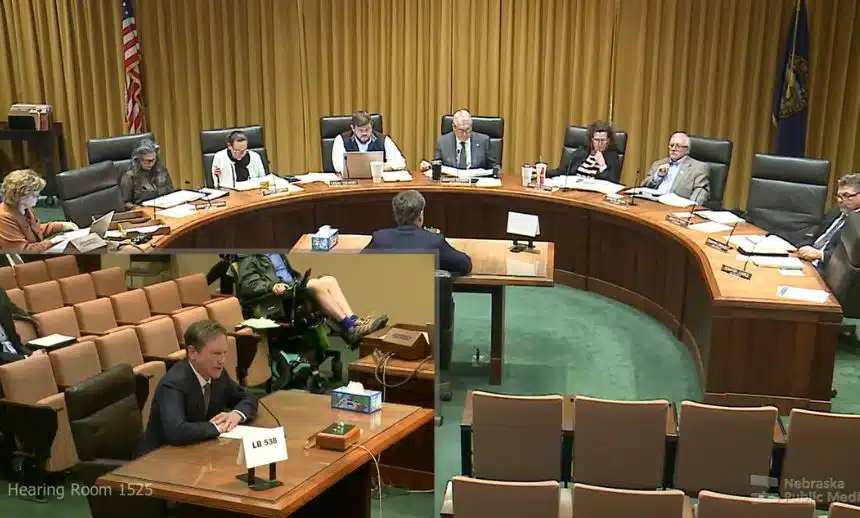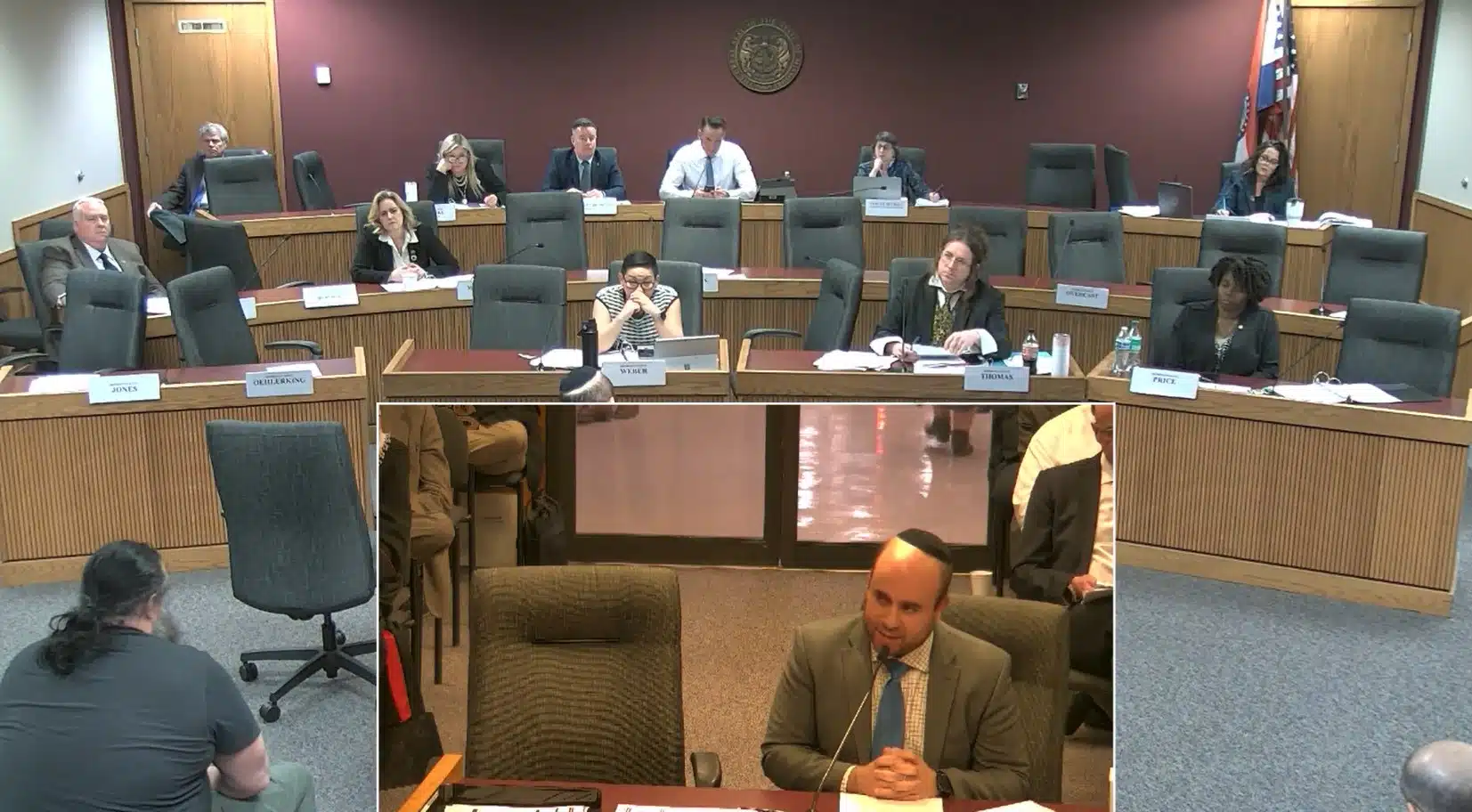|
Getting your Trinity Audio player ready...
|
The Combat Antisemitism Movement (CAM) has led an organized effort in recent months to engage and educate state legislators across the United States on antisemitism-related issues and potential policy remedies.
So far, CAM-backed legislation to address and prohibit antisemitic discrimination in the public K-12 schools and institutions of higher education have been formally initiated in Arkansas, Kansas, Kentucky, Missouri, Nebraska, Oklahoma, and Tennessee.
The bills define antisemitism using the International Holocaust Remembrance Alliance (IHRA) Working Definition of Antisemitism, including its 11 contemporary examples, and require the integration of the definition into student and employee codes of conduct. They also give teeth to Title VI of the U.S. Civil Rights Act by directing the state education authorities to designate a Title VI Coordinator to monitor, review, and investigate complaints and incidents of discrimination, including antisemitism, in public K-12 and post-secondary schools.
A total of 37 U.S. states have adopted the IHRA antisemitism definition, according to a database compiled by the Antisemitism Research Center (ARC) by CAM.
At a series of legislative committee hearings since the start of February, CAM representatives, including Founder Adam Beren and Senior Advisor Gabriel Groisman, as well as college students from across the country directly impacted by antisemitism, have testified about the dire realities facing Jews on campus and the urgent need for state-level action.
Status of Legislation by State:
Arkansas — At a March 12 hearing, the Arkansas Senate Education Committee advanced SB 352 — sponsored by Senator Matt Stone and supported by Senator Ben Gilmore — with a majority voice vote.
The following day, the bill received full Senate approval by a 29-4 margin.
The companion legislation in the Arkansas House of Representatives — sponsored by Representative Howard Beaty, Jr. — was advanced with a vote of 82-1 on April 14.
The bill was signed into law by Governor Sarah Huckabee Sanders on April 17.

Kansas —
The Kansas House Committee on Education held a hearing on Feb. 11 on HB 2299, supported by Kansas Attorney General Kris Kobach.
Robert Metz, a recent Jewish graduate of the the University of Kansas, testified at the hearing, sharing his personal experiences with on-campus antisemitism following the October 7th massacre in Israel.
The bill was recommended out of the committee, and a substitute version of the bill, reinforcing Kansas’ adoption of the IHRA antisemitism definition, was approved in a full House vote of 115-9 on March 19.
On March 26, SB 44 — with its amended text available HERE — was approved by 39-1 and 102-21 margins in the Kansas Senate and House of Representatives, respectively.
The bill was signed into law by Governor Laura Kelly on April 9.

Kentucky —
A joint resolution of the Kentucky General Assembly directing the state’s public colleges and universities to combat antisemitism was signed into law on April 2 by Governor Andy Beshear.
The full text SJR 55 can be read HERE.

Missouri —
The Missouri House of Representatives Higher Education and Workforce Development Committee held a hearing on Feb. 26 on HB 937, filed and supported by State Representative George Hruza and House Speaker Jon Patterson.
Nikolay Remizov, a student at Saint Louis University, testified at the hearing.
On March 12, the committee advanced the bill by a 10-2 vote. The full House approved it with a 108-10 vote on April 10.
The Senate General Rules Committee held a hearing on the bill on April 24.
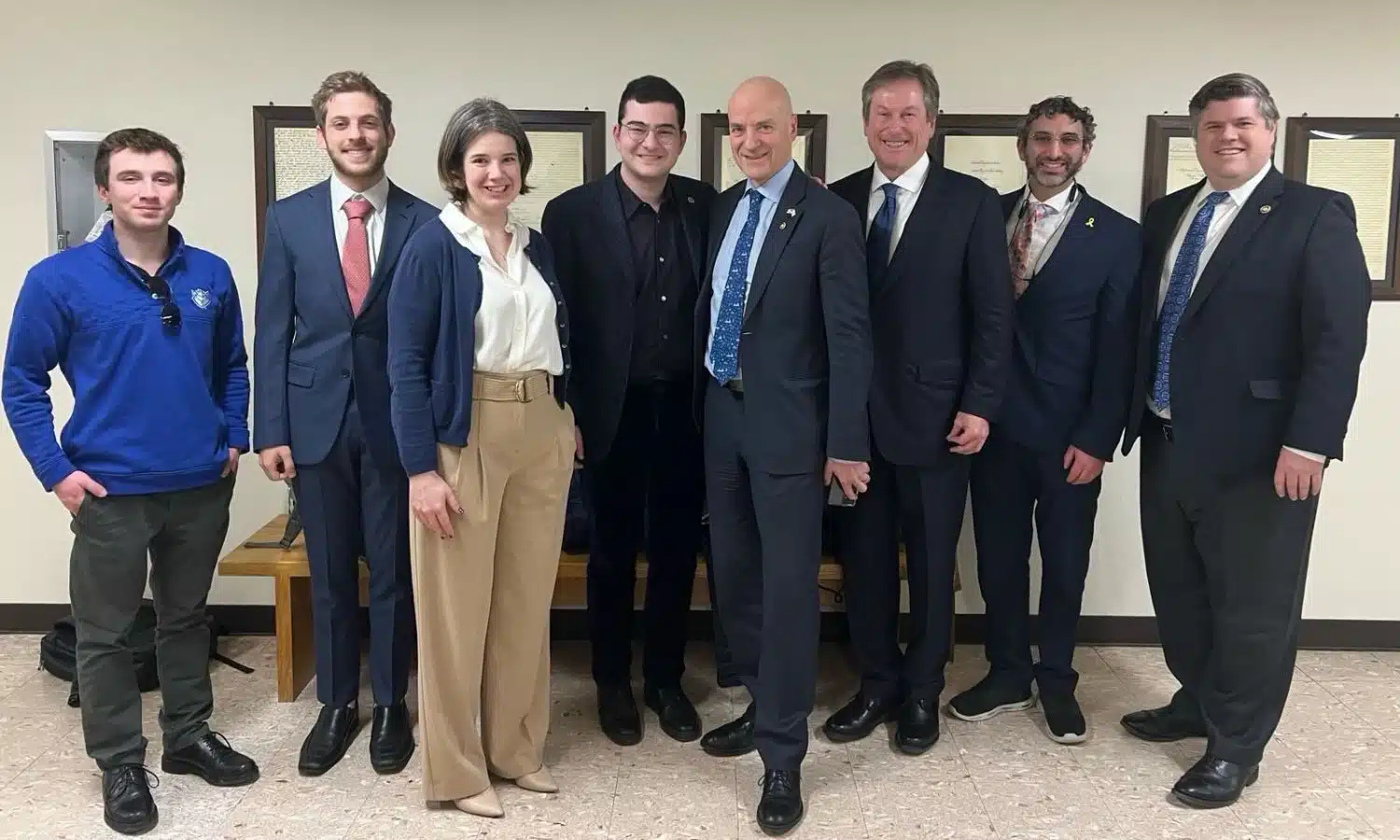
Nebraska —
The Nebraska Legislature Education Committee held a hearing on Feb. 3 on LB 538, introduced by Senator Brian Hardin.
Noah Lederman, a Jewish student at Columbia University, and Leah Abrahamsson, a Jewish student at the University of Colorado, testified at the hearing.
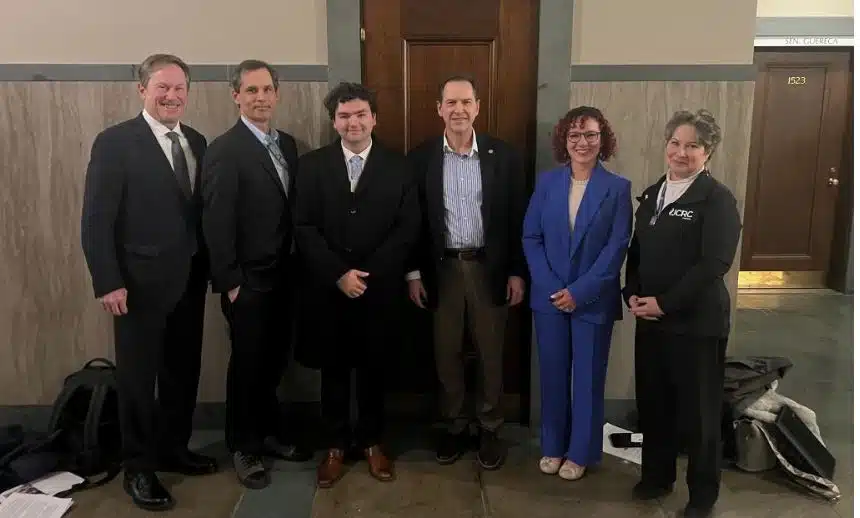
Oklahoma —
Two bills supported by CAM were presented to the Oklahoma Legislature at Senate committee hearings held on Feb. 19.
After discussion, SB 942 — a K-20 schools bill initiated by Senator Kristen Thompson — was advanced by the Senate Education Committee by a 7-3 vote.
Later in the day, SB 991, also introduced by Senator Thompson, was heard in front of the Senate Judiciary Committee. This legislation would adopt the IHRA antisemitism definition into Oklahoma state law, building on a January 2022 executive proclamation issued by Goveror Kevin Stitt endorsing the definition.
The committee approved the bill by a 7-0 vote.
On March 25, the full Senate passed SB 942 and SB 991 by 31-15 and 27-15 votes, respectively.
The House of Representatives approved SB 942 and SB 991 by 56-29 and 62-24 margins on April 30.
The bills were signed into law by Governor Kevin Stitt on May 6.

Tennessee —
HB 1188, sponsored by Representative Rusty Grill, was heard by the Tennessee House of Representatives Education Administration Subcommittee on March 18, and was advanced to the full House Education Committee by a 6-0 vote.
The companion legislation in the Tennessee Senate, SB 1209, is sponsored by Senator Paul Rose.
On March 26, the Tennessee Senate Education Committee approved SB 1209 with a 9-0 vote.
On April 7, HB 1188 was approved by 79-11 and 29-1 margins in the Tennessee House of Representatives and Senate, respectively.
The bill was signed into law by Governor Bill Lee on April 24.

Wisconsin —
The Wisconsin Assembly Committee on State Affairs held a public hearing on Oct. 22 where a proposed bill — AB 446 — to adopt the IHRA antisemitism definition into state statute and use it to evaluate discriminatory intent and enhanced criminal penalties was presented.
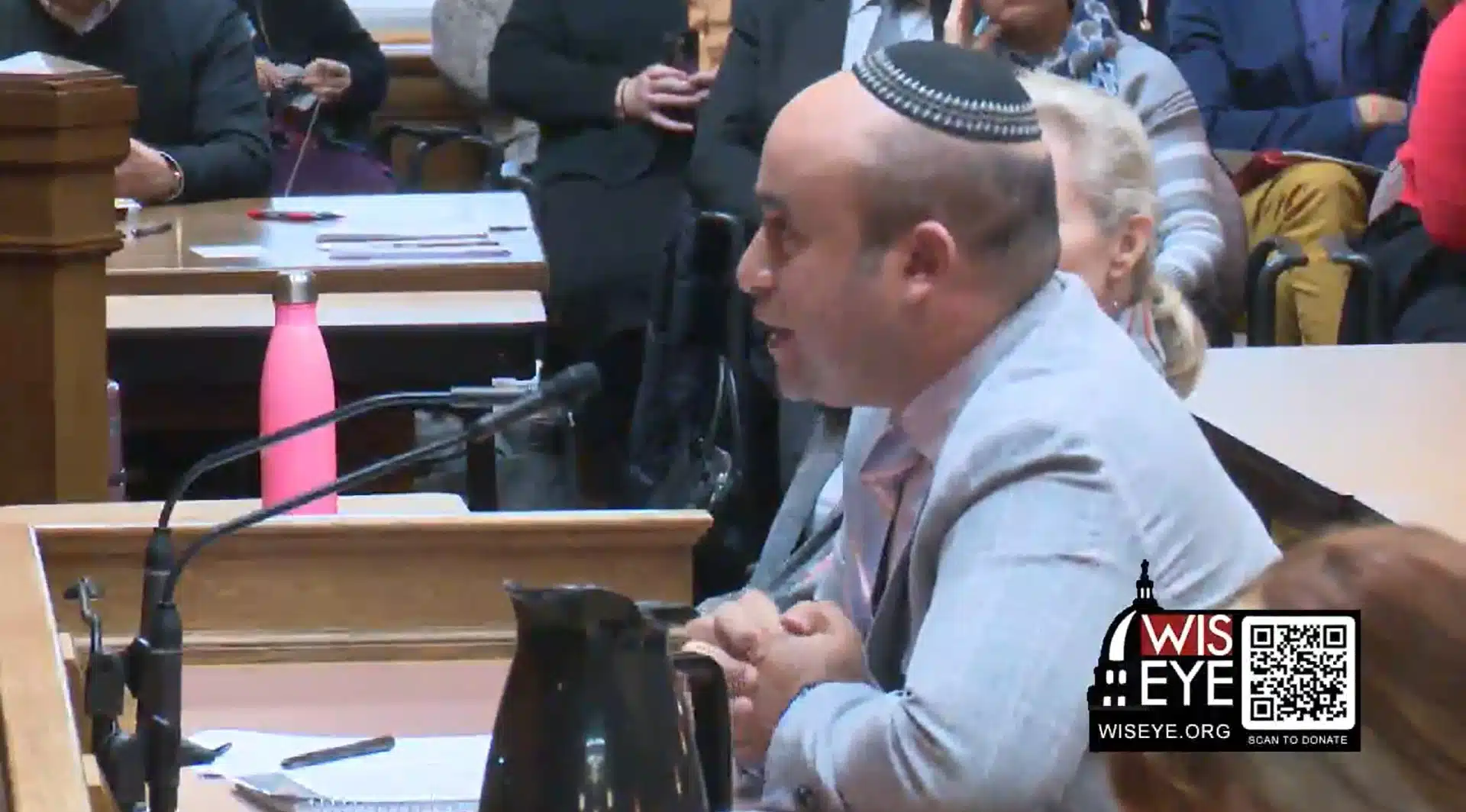
For more information on CAM’s state-level legislative activities, please contact Director of State Engagement David Soffer: david@combatantisemitism.org

